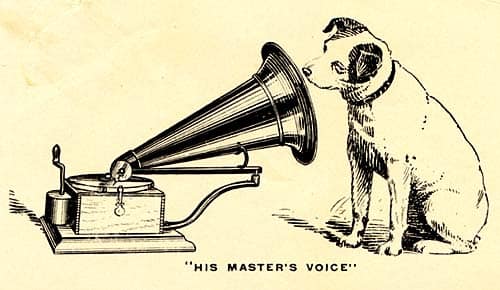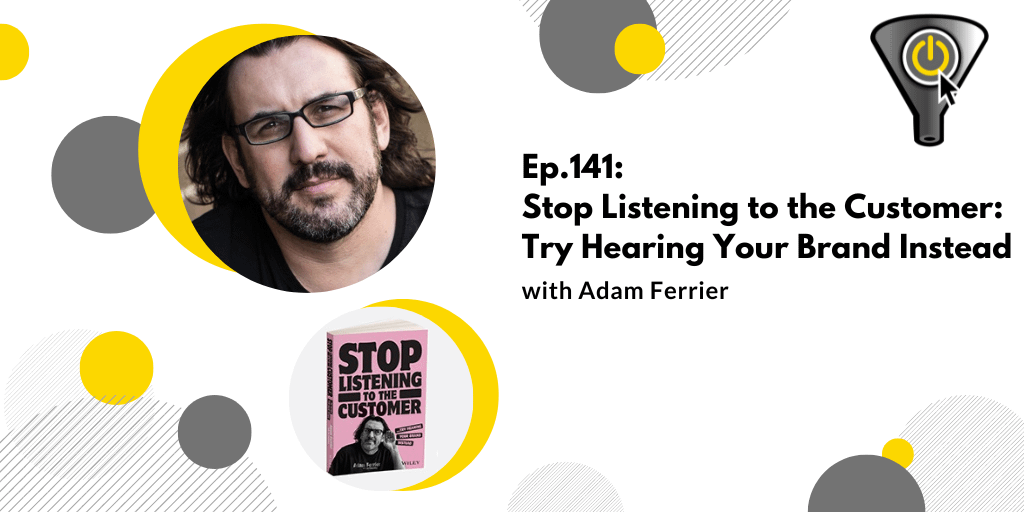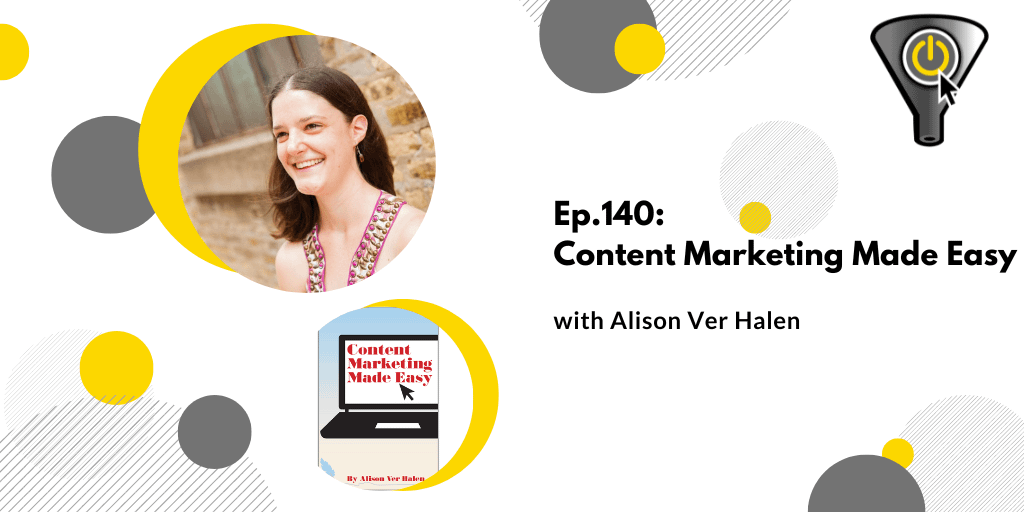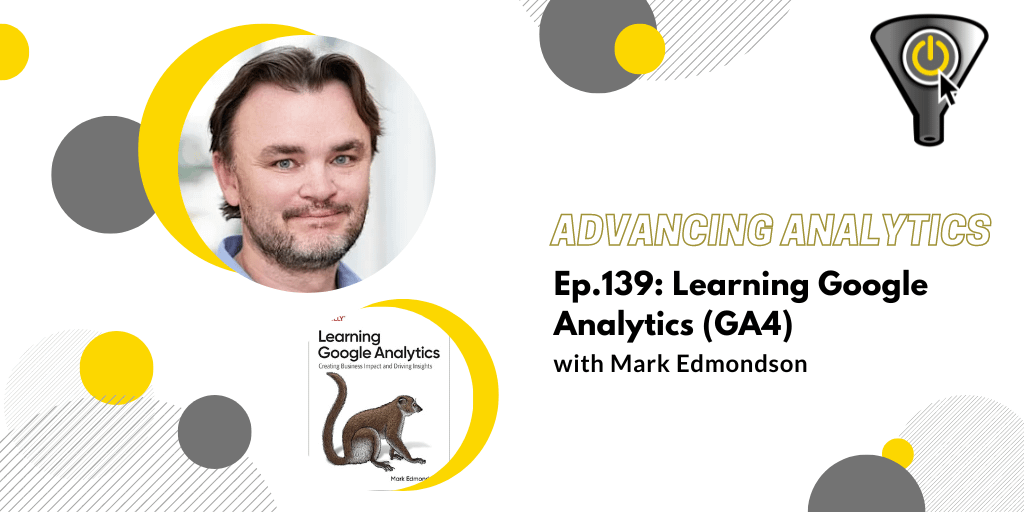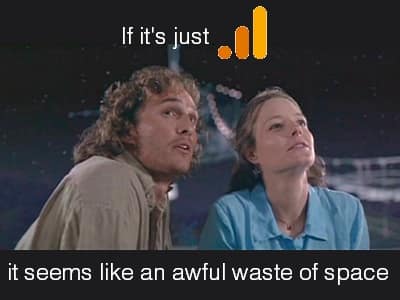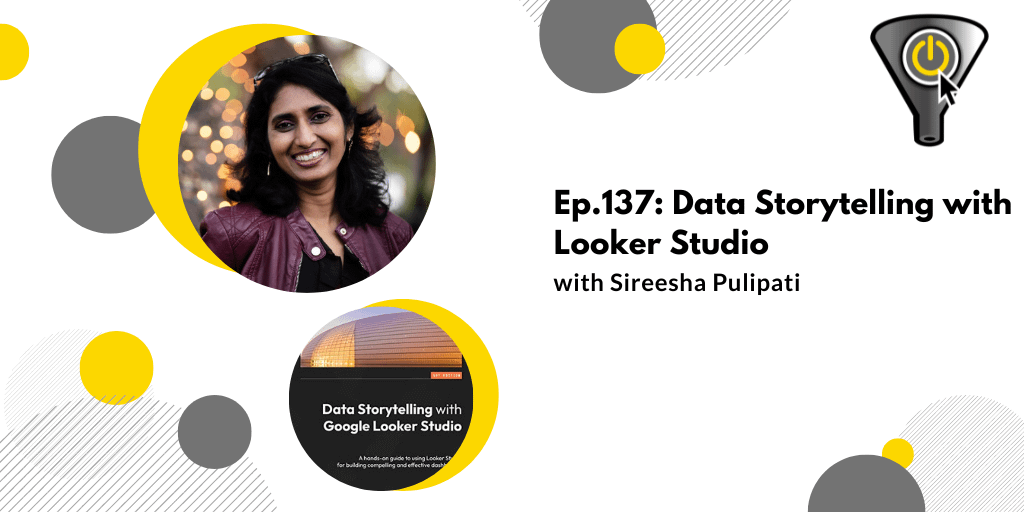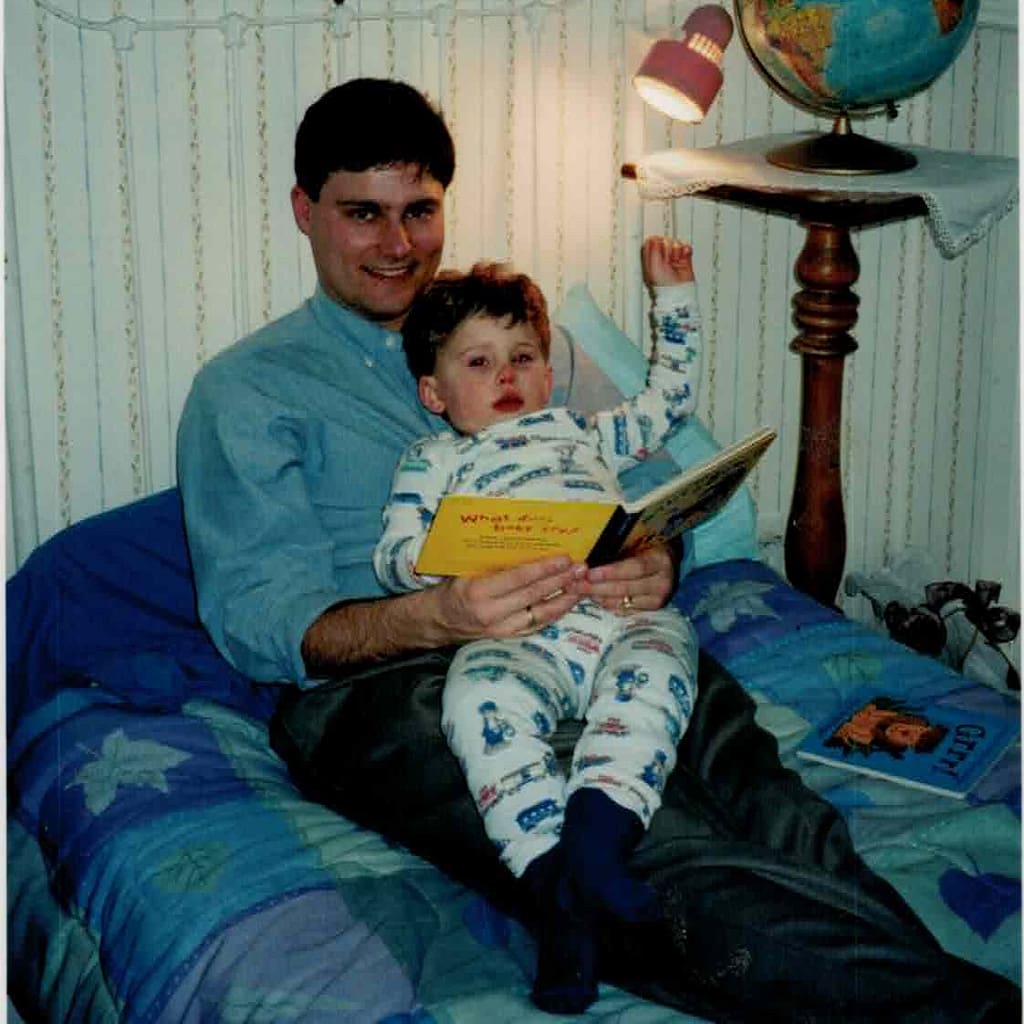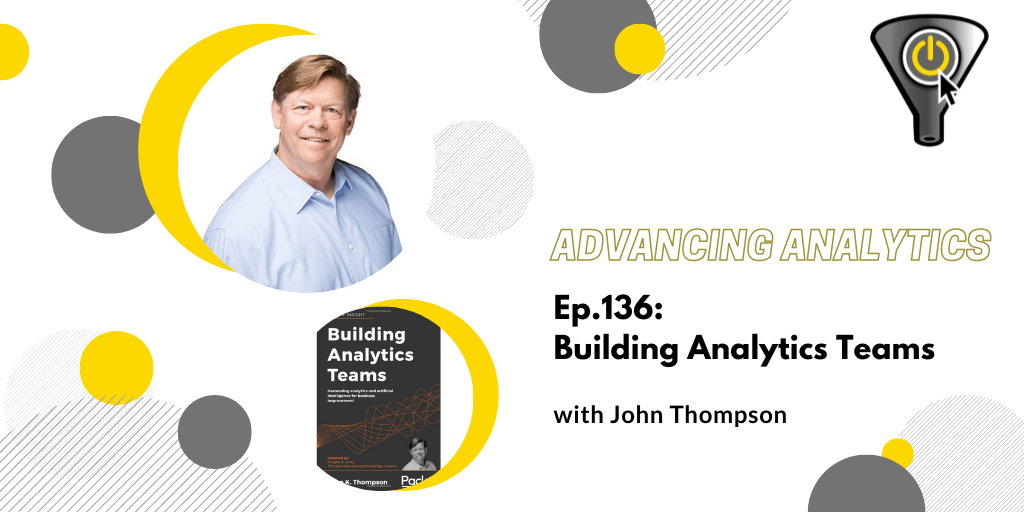Our guest says that marketing has a problem. In his words, “I think there’s an over-reliance on people’s opinions at the expense of creating a vision and sticking with it.” and he claims this hurts our ability to build brands that get strong traction. Already a published author, he devoted his second book to this argument. The book’s title is his plea to marketers: “Stop Listening to the Customer: Try Hearing Your Brand Instead”
Adam Ferrier is the founder of Thinkerbell, an agency that creates ‘measured magic’, and was ranked 2021 number one Creative Agency in the world by industry publication BestAds – the first time awarded to an Australian agency. Leading Australian publication Mumbrella also lists Thinkerbell as Full Service, Creative, and PR 2021 Agency of the Year (the only time an agency has ever won all three titles in one year).
Adam is one of Australia’s leading consumer psychologists, a brand strategist and an authority on behavioural economics. He’s the author of The Advertising Effect: How to change behaviour (Oxford) and Stop Listening to the Customer: Try hearing your brand instead (Wiley). No stranger to the TV screen of Australia, Adam is a regular panelist on the Gruen Transfer, 7’s Sunrise, and 10’s The Project.
As the creator of the idea behind the WARC World Innovation prize (2013), and winner of the rare Cannes Gold Lion and Gold Effie double, Adam has won at all of the world’s major advertising shows. He created the successful board game The Analyst (translated into four languages), space; an unconference where ‘ideas meet influence’, and the social cause agency DOA (Decade of Action). Adam also co-hosts Black T-Shirts, a podcast that delivers XXL creativity for marketers.
An unstoppable force in the Australian advertising landscape, Adam’s hands delegate the keys to embrace evidence-based creativity – whether to buy, perform or change – through cognitive behavioural psychology, hardcore creativity and a deep understanding of behavioural economics.
People/Products/Concepts Mentioned in Show
The ‘Share-a-Coke’ campaign
Adam’s Twitter profile
Adam’s LinkedIn profileAdam’s Instagram profile
Books that look into these phenomena outside of the marketing realm:
